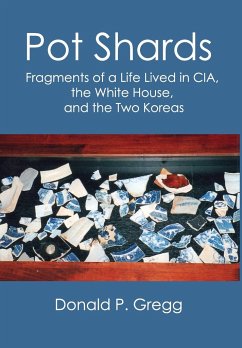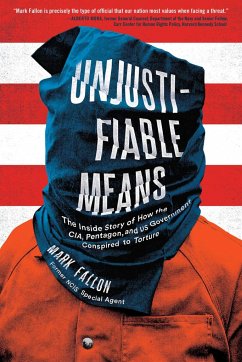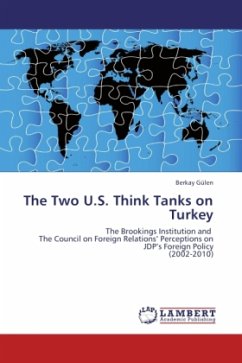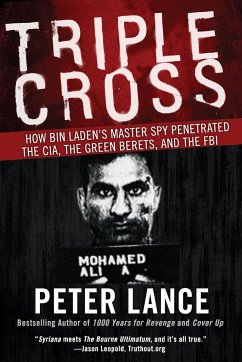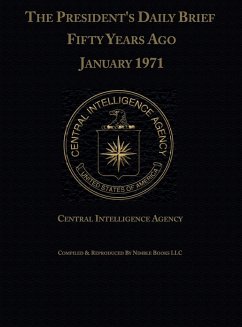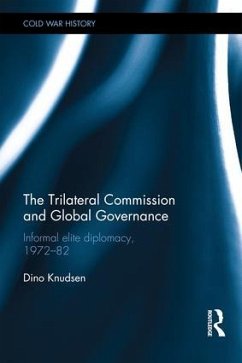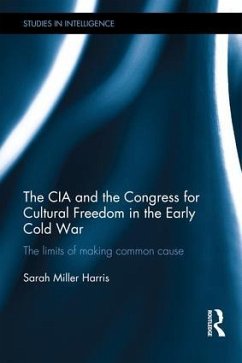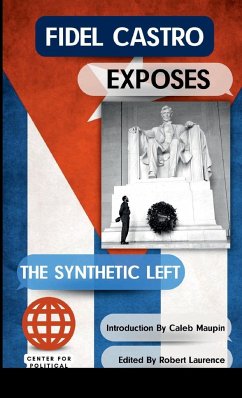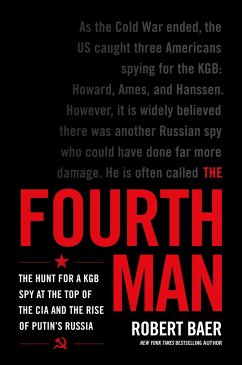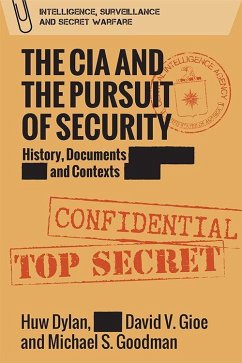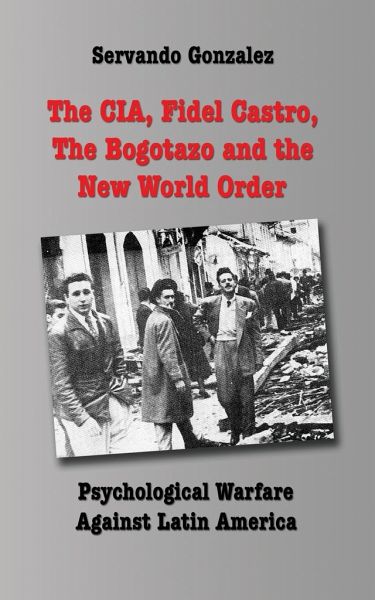
The CIA, Fidel Castro, the Bogotazo and the New World Order
Psychological Warfare Against Latin America
Versandkostenfrei!
Versandfertig in 1-2 Wochen
15,99 €
inkl. MwSt.

PAYBACK Punkte
8 °P sammeln!
On April 9, 1948, Bogotá, the capital of Colombia, was the scene of violent riots that later became known as the Bogotazo. The event that apparently triggered the riots was the assassination of Colombian leader Jorge Eliécer Gaitán. Participants in the riot destroyed most of the city center. Several thousand people were killed. The riots coincided with the celebration in the city of the Ninth Pan American Conference of Foreign Ministers, which had opened its sessions a few days earlier, on March 30. The Conference was presided over by General George Marshall, U.S. Secretary of State. Marsha...
On April 9, 1948, Bogotá, the capital of Colombia, was the scene of violent riots that later became known as the Bogotazo. The event that apparently triggered the riots was the assassination of Colombian leader Jorge Eliécer Gaitán. Participants in the riot destroyed most of the city center. Several thousand people were killed. The riots coincided with the celebration in the city of the Ninth Pan American Conference of Foreign Ministers, which had opened its sessions a few days earlier, on March 30. The Conference was presided over by General George Marshall, U.S. Secretary of State. Marshall, like John Foster Dulles, who succeeded him, was a lawyer in a Wall Street firm and a senior executive of the Council on Foreign Relations. In reality, the Bogotazo was not a spontaneous explosion of popular violence, but a false flag operation that initiated in the Western Hemisphere a large-scale psychological warfare operation later known as the Cold War. As such, the Bogotazo is a key event in understanding many similar false flag operations carried out by the CIA on the orders of the Council on Foreign Relations' globalist conspirators -including the September 11, 2001 false-flag operation. Almost all authors who have studied the Bogotazo mention Fidel Castro's participation in the events anecdotally, without giving it much importance, as a curious chapter in the youthful years of a man who later became a world-class political leader. Interestingly, the only article on the Bogotazo to appear in Studies in Intelligence, the CIA's in-house academic publication, is an obvious effort to downplay Castro's involvement in the events. The times he has spoken on the subject, Castro himself has also tried to downplay his participation in the events. But, as we will see below, Fidel Castro played an important role in the events of the Bogotazo, let alone in the Cold War that began in the Western Hemisphere with the Bogotazo. The Bogotazo is extremely important because in that operation the CFR conspirators used the newly created CIA to test the effectiveness of new brainwashing techniques (Manchurian candidate), use of scapegoats, false flag operations and psychological warfare operations based on the Hegelian dialectic principle of thesis-antithesis-synthesis, which were later successfully repeated in similar op- erations, such as the assassinations of U.S. President John F. Kennedy and his brother Robert, as well as the assassinations of U.S. Presi- dent John F. Kennedy and his brother Robert, as well as the assassinations of U.S. President John F. Kennedy and his brother Robert, as well as the assassinations of U.S. President John F. Kennedy and his brother Robert, as well as in the operation that caused the tragic events of September 11, 2001. These psychological warfare operations have resulted in the extraordinary advancement of the globalist conspirators' plans to establish a Communo-Fascist New World Order under their total control.





